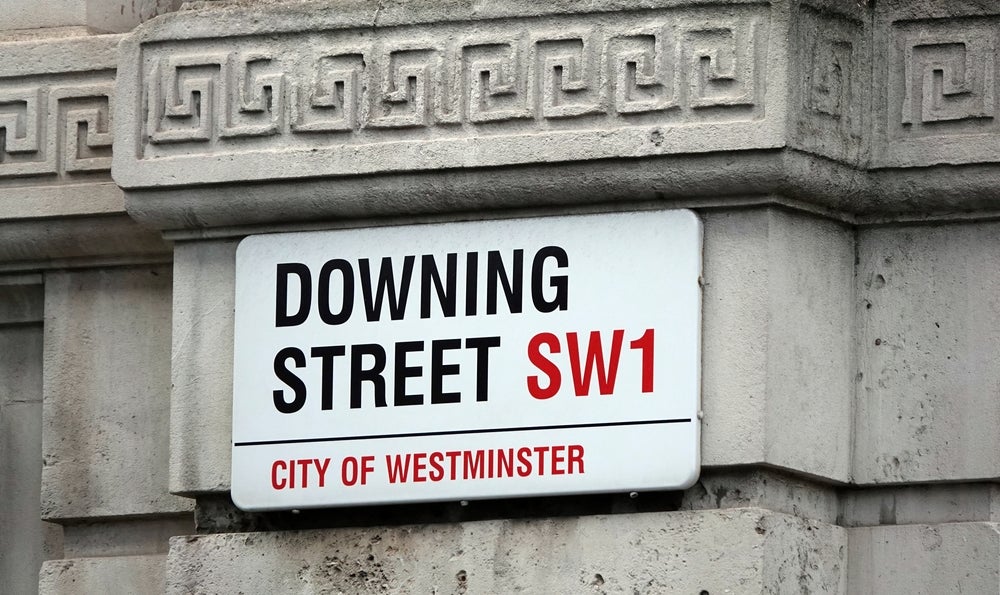Norton Rose’s Leyla
Kattan explains how the 2011 Budget affects
leasing.
 In
In
the 2011 Budget, it was announced that from April 2011 there will
be an increase in the period over which expenditure on plant or
machinery can be given “short life assets” (SLA)
treatment.
When a business incurs
capital expenditure, it can make an election for special treatment
for SLA under the UK capital allowances rules if it expects that
the assets will be disposed of within a certain period.
If an SLA election is made,
capital allowances will be available on the expenditure at the
normal rate, but the expenditure is allocated to a separate
pool.
If the asset is sold or
scrapped within the cut-off period, the remaining balance of
expenditure in the pool is compared with the disposal proceeds, and
a further allowance is made for the difference to ensure the
allowances match the actual net cost of the asset.
How well do you really know your competitors?
Access the most comprehensive Company Profiles on the market, powered by GlobalData. Save hours of research. Gain competitive edge.

Thank you!
Your download email will arrive shortly
Not ready to buy yet? Download a free sample
We are confident about the unique quality of our Company Profiles. However, we want you to make the most beneficial decision for your business, so we offer a free sample that you can download by submitting the below form
By GlobalDataIf the asset is not sold or
scrapped within the cut-off period, the unrelieved expenditure is
re-allocated to the main capital allowances pool.
Cut-off period
extended
The cut-off period is
currently four years from the end of the chargeable period in which
the expenditure is incurred. This is to be extended to eight years,
therefore increasing the range of assets to which SLA treatment may
be applied.
The change will have effect
for expenditure incurred on or after 1 April 2011 for businesses
subject to corporation tax, and on or after 6 April 2011 for
businesses subject to income tax.
Although this is a positive
change to the SLA regime generally, it should be noted that the
current exceptions to SLA treatment – which include some
circumstances where the plant or machinery is provided for leasing
– are expected to remain.
Sale of leasing
companies
 Draft
Draft
legislation amending the sale of lessor company rules was published
on Budget day.
The changes are aimed at
combating tax avoidance schemes, and are being made in response to
disclosures received by HM Revenue and Customs. The changes took
effect from 23 March 2011. There was no prior
consultation.
The sale of lessor companies
rules broadly work by imposing a tax charge on a leasing company
when it is sold, while giving it a tax expense to carry forward to
future periods.
This was supposed to be tax
neutral for commercially motivated sales, but the lack of tax
capacity in the current market coupled with the size of some
commercial deals (such as the sale of the rolling stock leasing
companies) meant that an election to opt out of the charge was
introduced.
The main consequence of the
new measure is that the draft legislation withdraws the option for
a lessor company to make an election for alternative treatment when
it is sold.
This is clearly in response
to avoidance transactions using the election, but does mean that it
is now very difficult to sell a leasing business where this is
commercially motivated.
It should be noted that
commercial sales were always expressed to be possible under the
regime, but this must now be called into doubt.
The draft legislation also
amends various other aspects of the sale of lessor company rules
including amending what constitutes “leased plant or machinery”,
amending the definition of “tax written down value” (TWDV), and
extending the anti-avoidance rules which aim to prevent
manipulation of the figures on a company’s balance sheet, which are
more specific responses to avoidance schemes.
Anti-avoidance rule
for capital allowances
The government announced that
it will be consulting on whether to amend the existing
anti-avoidance rules relating to capital allowances.
It intends to publish a
consultation document in May 2011 with a view to introducing
legislation in Finance Bill 2012.
The current legislation seeks
to prevent abuse of the capital allowance rules that apply to plant
and machinery by means of anti-avoidance provisions that apply to
transactions where the sole or main benefit arising from the
transaction is obtaining an allowance.
The government announced that
it intends to replace this “sole or main benefit” test with a new,
more effective rule.
It remains to be seen how
this new test will be worded. However, it is likely that the
consultation will consider whether the “main benefit” test should
be widened to match the “main purpose or one of the main purposes”
tests found elsewhere in tax legislation.
It is therefore likely that
the new test will be wider, and it is possible that some types of
capital allowance based leasing will fall to be described as
‘avoidance’.
Lessors may therefore want to
contribute to this consultation; it is important for the leasing
industry’s voice to be heard.
Layla Kattan is an
associate at law firm Norton Rose







